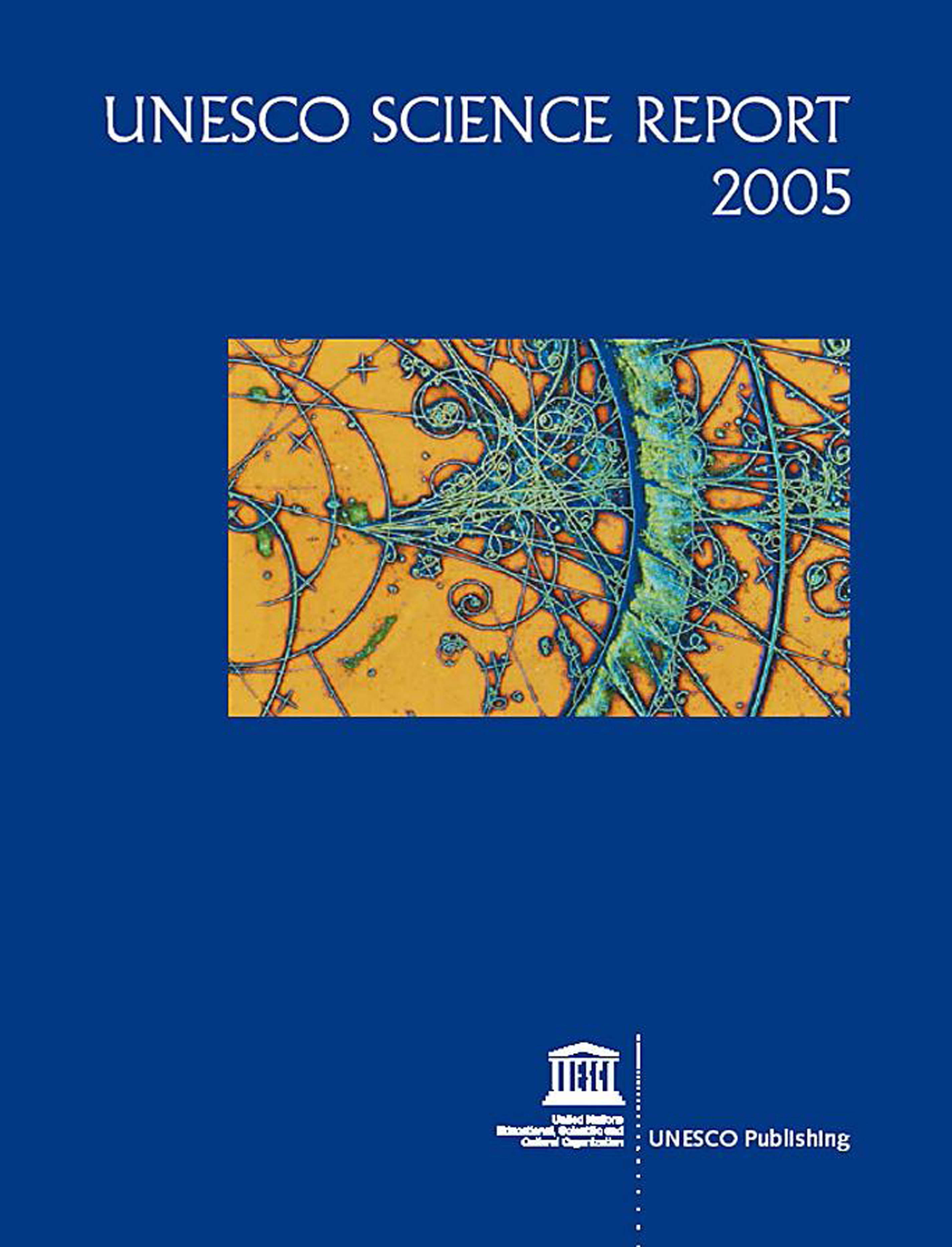- Home
- Books
- UNESCO Science Report 2005
- Chapter
Foreword

- Author: United Nations Educational, Scientific and Cultural Organization
- Main Title: UNESCO Science Report 2005 , pp ix-ix
- Publication Date: July 2005
- DOI: https://doi.org/10.18356/9789210059077c001
- Language: English
- Previous Chapter
- Table of Contents
- Next Chapter
The UNESCO Science Report 2005 takes us on a world tour. Through the eyes of an international team of experts, it analyses the current state of science around the globe. What new trends have emerged since the previous report was published in 1998? What events have helped to reshape the scientific enterprise? For example, what has been the impact on science of the Stability Pact for South- East Europe adopted in 1999, the New Partnership for Africa's Development (NEPAD) launched by the African Union in 2001, and the enlargement of the European Union from 15 to 25 Member States in 2004? What distinguishes the scientific profiles of different countries and regions? In what ways are relations between governments, the private sector and ‘knowledge institutions’ (universities and research bodies) changing, and with what implications for scientific development?
-
From This Site
/content/books/9789210059077c001dcterms_title,dcterms_subject,pub_keyword-contentType:Journal -contentType:Contributor -contentType:Concept -contentType:Institution105

